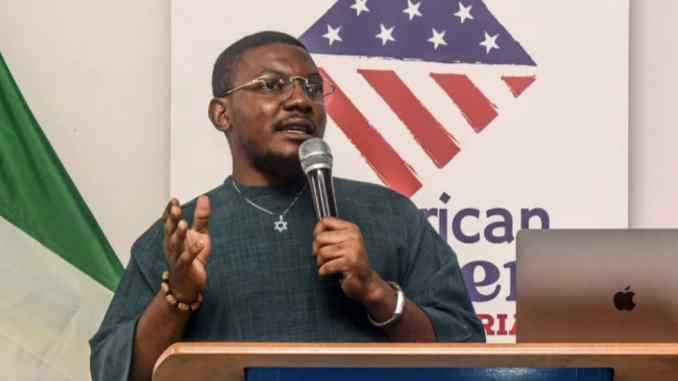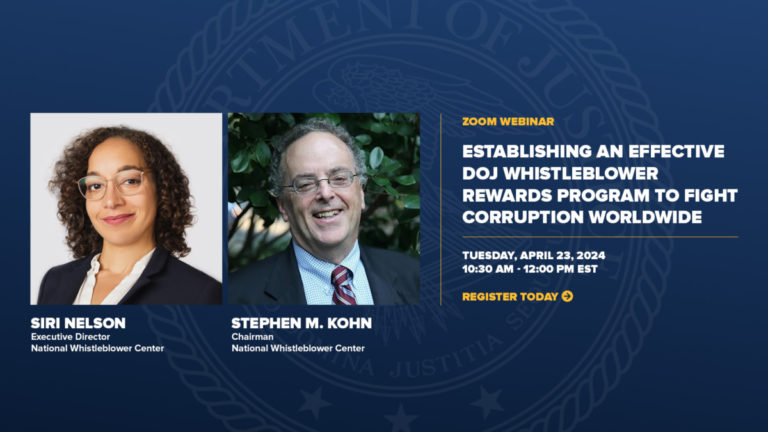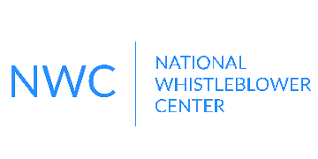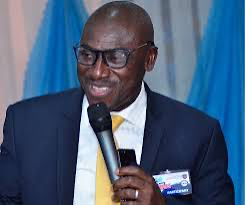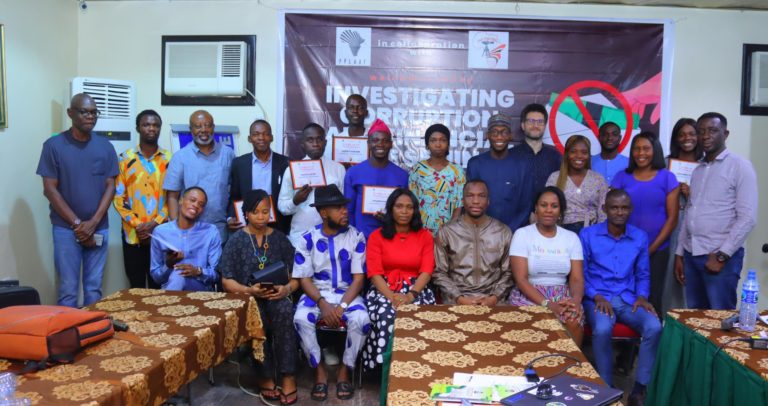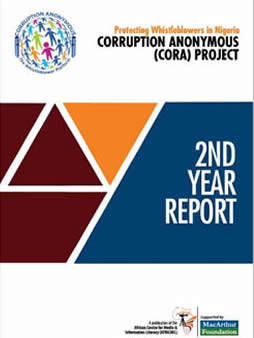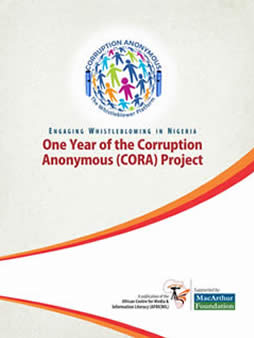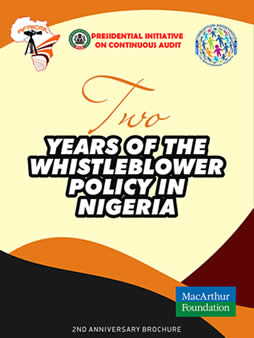In December 2016, former Minister of Finance, Mrs. Kemi Adeosun, announced that the Federal Government had established a whistleblower policy to enlist citizens’ support in exposing corruption and help government in recovering looted funds.
According to her: “Anyone who has authentic information about violation, misconduct or improper activity which can impact negatively on the Nigerian people and government” should report it.
Burnishing the positive impact of the policy barely two months later, the former Minister of Information, Alhaji Lai Mohammed, claimed that it had helped in the recovery of $180 million, including the $9.8 million recovered from a former GMD of the Nigerian National Petroleum Corporation, NNPC, Mr. Andrew Yakubu.
Many Nigerians are wondering why very little is being heard about the whistleblower policy, two and half years on. The answer may not be far-fetched: the Federal Government is defaulting in its promise to pay whistle-blowers.
The policy had promised to pay within 30 days of the receipt of a recovered fund a “flat and definite reward of two and half per cent of the recovered sum” which must be N5bn and above.
The money would be paid into an account provided by the whistle-blower. The most celebrated case of the whistleblower default by the Federal Government is now pending at the Federal High Court, Abuja instituted by a lawyer, Aliyu Alemu, on behalf of his client whose name is withheld for security reasons.
The client discovered a secret account with a balance of $223m (N82bn) in a commercial bank in violation of the Treasury Single Account policy. Fourteen signatories were traced to the account.
Alemu’s client is entitled to N1.9bn commission for exposing this scam. But after the former Attorney General of the Federation, AGF, Abubakar Malami, set up an investigative panel and members of the bank’s board invited for questioning, the whistle-blower was given a payment bond to sign, which was witnessed by Ladidi Mohammed, Head of Asset Recovery and Management Unit of the Office of the AGF.
Thereafter, the Office of the AGF stopped responding to the whistle-blower’s efforts to get his money. Even the President’s office failed to act on letters sent to it to get officials to comply with the demands of their own whistle-blower policy. This is disheartening and condemnable.
A government’s words should be its bond. Having taken the benefit of this whistleblowing, the Federal Government is bound by law and morality to pay up. Why else should anyone bother to expose graft? With this attitude why should Nigeria be taken seriously by prospective international partners? We call on the courts to give satisfactory justice to Alemu’s whistle-blower client.
Source: www.vanguardngr.com






